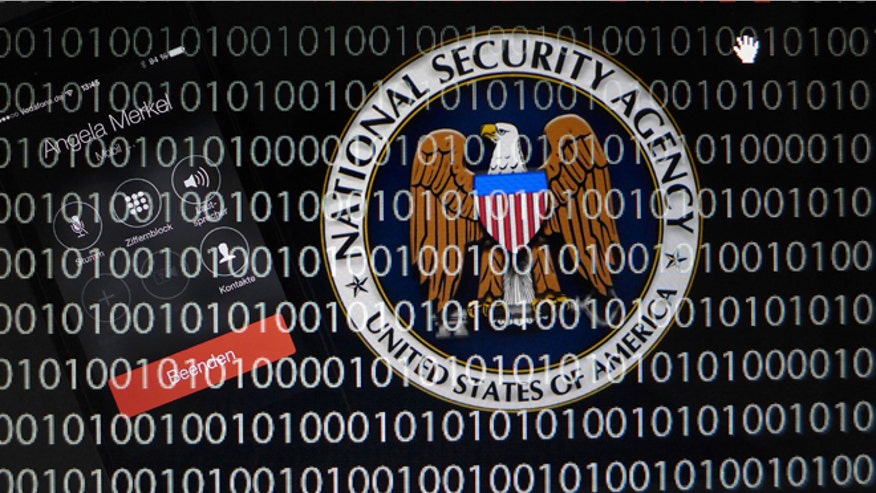No matter how hard President Obama tried to push the Patriot Act through, Senate failed to avoid the expiration of its key provisions. Republican Senator Rand Paul, a presidential hopeful, achieved his goal. He filibustered the vote to upstage the administration and some Republican heavy weights who wanted the global spying on US citizens and foreigners to continue. One of the hawks, Republican John McCain, said bluntly that Rand Paul «obviously has a higher priority for his fundraising and political ambitions than for the security of the nation».
I suggest that we omit the details related to the reasons why the legislature was enacted. Freedom limitations to enhance security seemed to be a logical step to take at the time the world was shocked by the 9/11 tragedy. Many things have changed during the recent 14 years. Whoever perpetrated the terrorist acts, it was a good pretext to justify the policy initiated by George Bush, Jr., and continued by Barack Obama to crack down on civil liberties of Americans and alleged ill-wishers against the world.
US adversaries were not the only ones to target. Allies and partners from India to Germany fell victim to US surveillance effort. The Patriot Act did not help to win wars against enemies: there was an embarrassing retreat from Iraq and Afghanistan. US aggressive actions engendered the Islamic State, the radical group that made pale all the terrorist organizations the world had ever known before, including the legendary Al Qaeda. Edward Snowden revealed the fact that the US secret services, first of all, the US National Security Agency, used the Patriot Act to spy on millions of Americans who had no whatsoever relation to terrorist activities.

John McCain may be right saying Rand Paul is pursuing certain goals as a presidential race runner. «I know what this is about — I think it’s very clear – this is, to some degree, a fundraising exercise,» as he put it. Indeed, the Republican Party has few candidates to challenge Hillary Clinton and Rand Paul is the who can. But this time it’s not about personalities. The debates over the Patriot Act bring to surface a lot of serious things to ponder. Actually, it’s the future foreign policy for many years that is in question – will the United States continue to play the role of international cop to police the world and meddle into any conflict anywhere in the world or will it buckle down to hard work and tackle the problems of its people at long last?
The Rand Paul’s success (if it can be called a success) appears to be just another episode of long struggle ahead.
The failure to reach a deal means that security services have temporarily lost the right to bulk collect Americans' phone records, to monitor «lone wolf» terror suspects and to carry out «roving wiretaps» of suspects. The government can still continue to collect information related to any foreign intelligence investigations. True, Rand Paul blocked a Patriot Act extension, however, the Senate did vote to advance the White House-backed Freedom Act. The Freedom Act retains most of the Patriot provisions, but requires that records must be held by telecommunications companies, and that the NSA needs court approval to access specific information. No matter it got stalled in Senate at present, this legislation, which is in fact a new form of data collection, is likely to be approved in the coming days. Rand Paul realizes that. Edward Snowden blew the lid off the NSA's domestic surveillance programs in 2013 and the Washington’s stance is still the same – Snowden is charged with grave crimes and must be extradited to the United States.

Now Democrats, the traditional opponents, and Establishment Republicans are at odds with Rand Paul. The GOP strives to maintain the settled order of things. This goal appears to be even more important than boosting the chances of Republican candidate in 2016. Rand Paul will continue the efforts to protect the liberties of Americans while his opponents in the both parties will go to any length to hinder his campaign and enforce a new law on data collection. A new legislation may have a different slogan but it’s substance will remain the same – the special services will have unrestricted authority to conduct surveillance activities without control.









